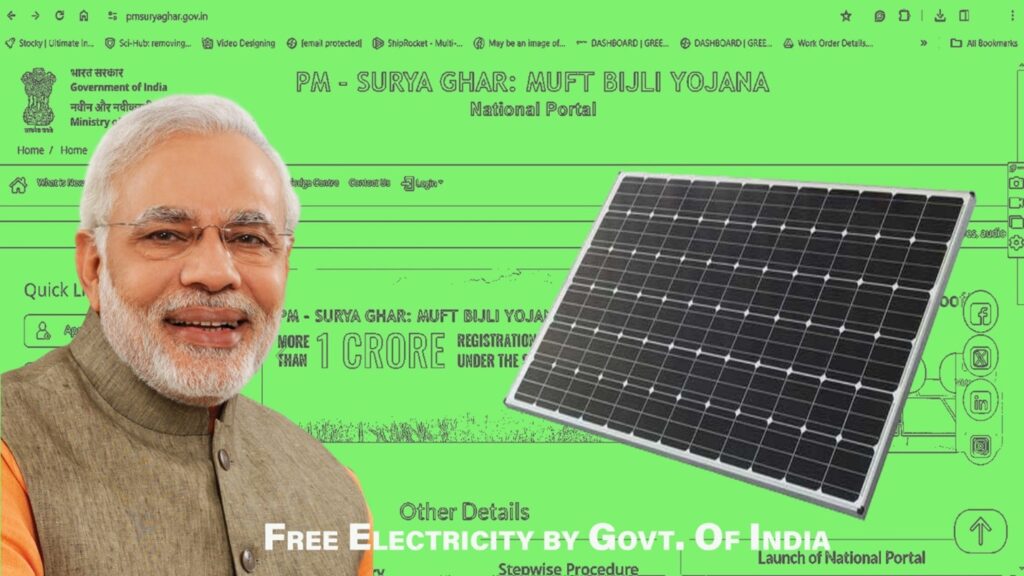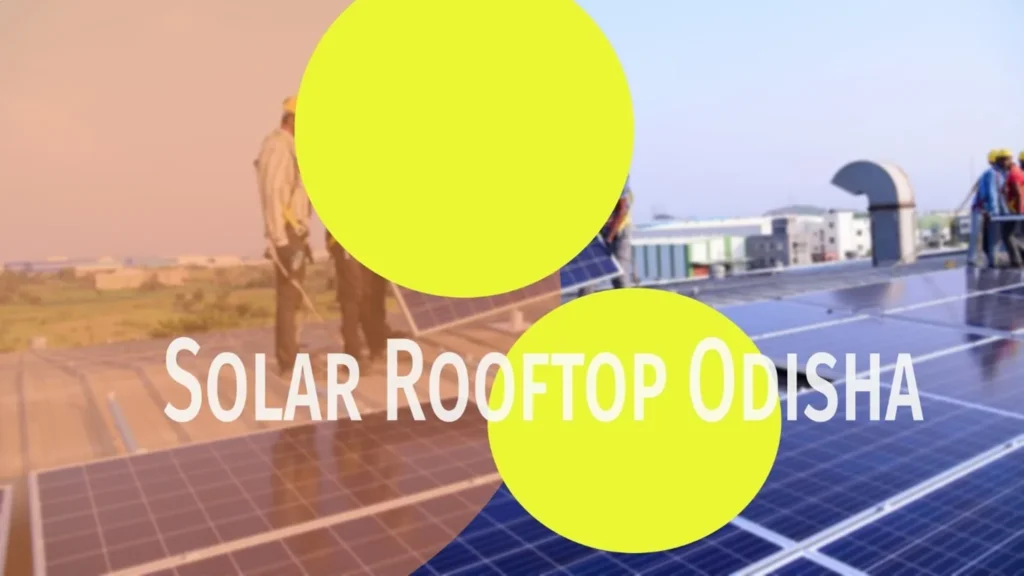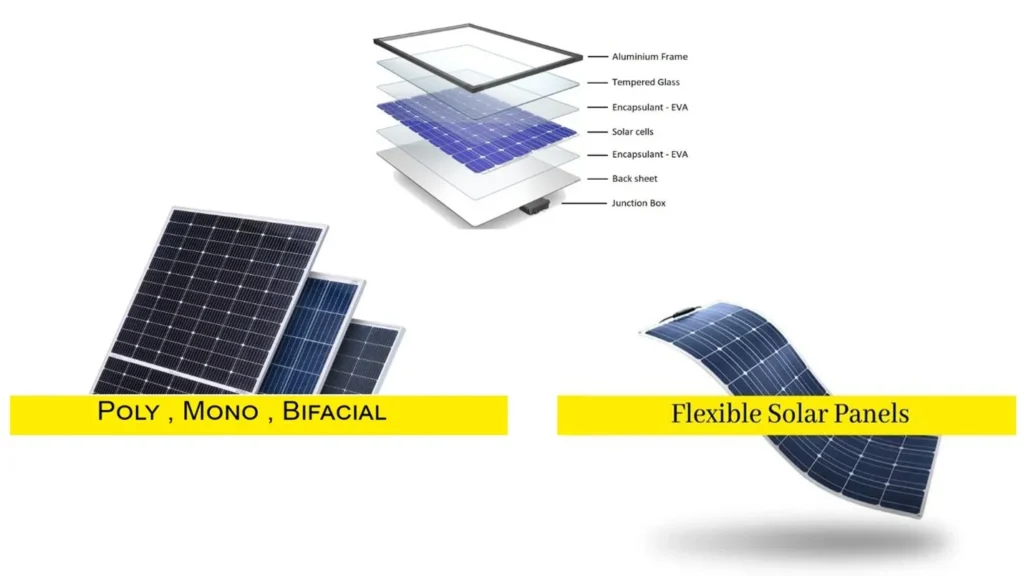In a significant stride towards sustainable development, the Government of India introduced the PM-Surya Ghar Muft Bijli Yojna on February 15, 2024, which aims to provide free electricity to Indian households. The scheme offers subsidies covering up to 40% of the cost for installing rooftop solar panels. Expected to benefit 1 crore households nationwide, it’s projected to save the government Rs. 75,000 crore annually in electricity expenses. Let’s delve into the functioning of this scheme and its profound implications.
Functionality of PM-Surya Ghar Muft Bijli Yojna:
The PM-Surya Ghar Muft Bijli Yojna operates on a multifaceted approach to ensure widespread access to electricity in rural India:
- Solar Power Installation: One of the key components of this scheme is the installation of solar power systems in rural households to harness sunlight and convert it into electricity. This decentralized approach ensures electricity access even in remote areas without extensive grid infrastructure.
- Battery Storage: Excess energy generated during the day is stored in batteries, ensuring uninterrupted power supply during non-daylight hours or cloudy days. This feature reduces dependence on conventional grid connections and fossil fuels.
- Energy Efficient Appliances: Alongside solar installations, the scheme encourages the adoption of energy-efficient appliances in households. LED lights, energy-saving fans, and other low-power devices help optimize energy consumption, maximizing the benefits of the free electricity provided.
- Maintenance and Support: The government provides maintenance services and conducts training programs to educate beneficiaries on system operation and maintenance, empowering them to manage their energy resources effectively.
Benefits of PM-Surya Ghar Muft Bijli Yojna:
The PM-Surya Ghar Muft Bijli Yojna holds immense potential in transforming the socio-economic landscape of rural India.
- Economic Empowerment: With reliable electricity supply, rural communities can explore income-generating opportunities such as small-scale enterprises, agro-processing units, and cottage industries. This fosters economic growth, reduces poverty, and creates employment opportunities, thereby contributing to overall rural development.
- Environmental Sustainability: By promoting renewable energy sources like solar power, the scheme contributes to reducing greenhouse gas emissions and environmental degradation, aligning with climate change mitigation goals.
- Technological Advancement: Deployment of solar power systems fosters technological innovation and entrepreneurship at the grassroots level, stimulating economic growth and development of the renewable energy sector.
Subsidy: Subsidy for residential households is Rs. 30,000/- per kW up to 2 kW, Rs. 18,000/- per kW for additional capacity up to 3 kW, and Total Subsidy for systems larger than 3 kW capped at Rs. 78,000. Subsidy for Group Housing Society/Resident Welfare Association (GHS/RWA) is Rs. 18,000 per kW for common facilities, including EV charging, up to 500 kW capacity (@3 kW per house), with the upper limit being inclusive of individual rooftop plants installed by individual residents in the GHS/RWA



